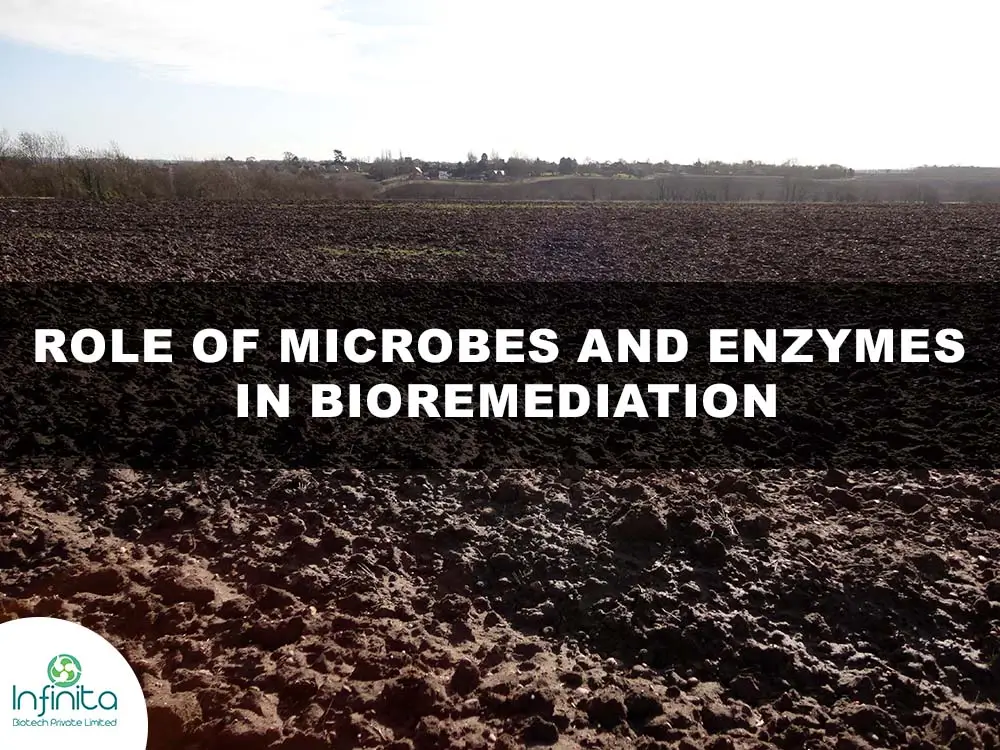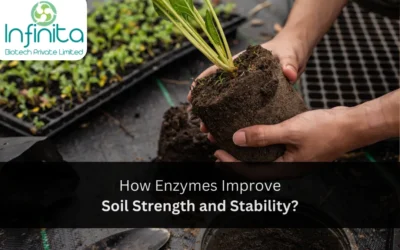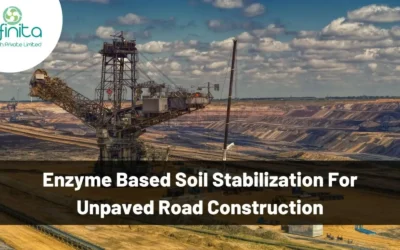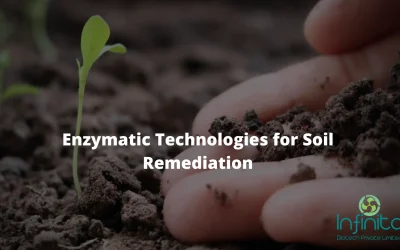The growing industrialization and urbanisation have led to a swift rise in toxic waste. The emerging toxic pollutants in nature and improper disposal of waste are a threat to the environment. The toxic pollutants have the ability to deteriorate the ecosystem. Many traditional methods have been used to eradicate these pollutants from the environment but they’re not so effective. Bioremediation is a microorganism-mediated transformation process that converts contaminants into nonhazardous substances. However, bioremediation is a slow process and is effective only when environmental conditions permit microbial growth and activity to degrade pollutants at a faster rate. Microbial enzymes along with microbes play a significant role in enzymatic bioremediation. Here let us walk you through the microbial enzymes used in the bioremediation process.
Bioremediation By Enzymes And Microbes For Hydrocarbon And Heavy Metal
Industrial chemicals and petroleum hydrocarbons are the major reason for pollution in soil and water. The excessive use of an industrial chemical is found as an environmental contaminant in various aquatic and terrestrial ecosystems and this has become a serious problem in the modern world. With the use of microbial enzymes along with microbes in the process of bioremediation, a major reduction in pollutants has been seen.
Bioremediation is a biotechnological process that refers to making mediate changes in pollutants and contaminants to restore the recalcinated environment and limit or minimise pollutants by detoxification and mineralization. This technique is used to remove and convert harmful pollutants like heavy metals . Moreover, this technique is used to consume native oil-degrading microorganisms and break down various hydrocarbon chains of oil spilled in oceans/water bodies.
What Is The Role Of Microbial Enzymes in Bioremediation
Today, environmental pollution is growing day by day due to the frequent release of hazardous and harmful gases and substances. A low-cost and eco-friendly technology treatment – microbial enzymes are known to work effectively in detoxifying pollutant substances from the environment. Here let’s discuss the role of different microbial enzymes in enzymatic bioremediation.
-
Microbial Oxygenases
Microbial oxygenases belong to the family of the oxidoreductase category and are responsible for adding oxygen from sub-automatic oxygen (O2). Oxygenases play a crucial role in the degradation of various natural and synthetic compounds by soil and airborne microorganisms in nature.
-
Monooxygenases
Monooxygenases are fast emerging as potential enzyme bioremediation due to the presence of methane. They act as biocatalysts in the bioremediation process because of their high regioselectivity and stereoselectivity on a wide range of substrates. This enzyme plays a crucial role in the degradation of environmental pollutants with its aromatic compounds.
-
Microbial Proteases
The role of microbial proteases in enzymatic bioremediation is that they break down the proteinaceous substance that enters the atmosphere because of the moulting of appendages and the death of animals.
-
Microbial Peroxidases
Microbial peroxidases in enzymatic bioremediation play a significant role as they have the potential for bioremediation of wastewater contaminated with cresols, phenols, and chlorinated phenols. In fact, peroxidases are abundant enzymes produced by bacteria, animals, plants, fungi, and algae.
Are you in search of an enzyme solution for your industry? Infinita Biotech is a prominent multidivisional biotechnology company producing eco-friendly enzyme solutions for different types of industries. We are concerned for the environment and keeping it free from pollutants. This is where our products offer multiple benefits to solve this problem. Our products are cost-effective and of superior quality. We always try to fulfil all your requirements for all types of enzyme solutions.




